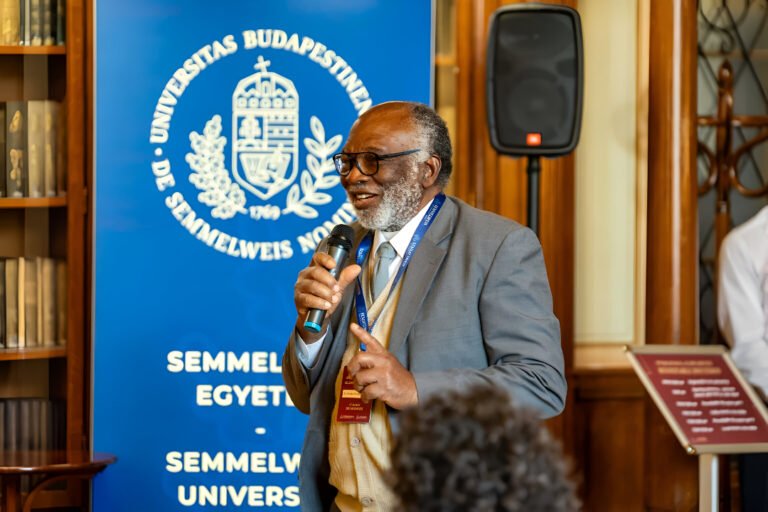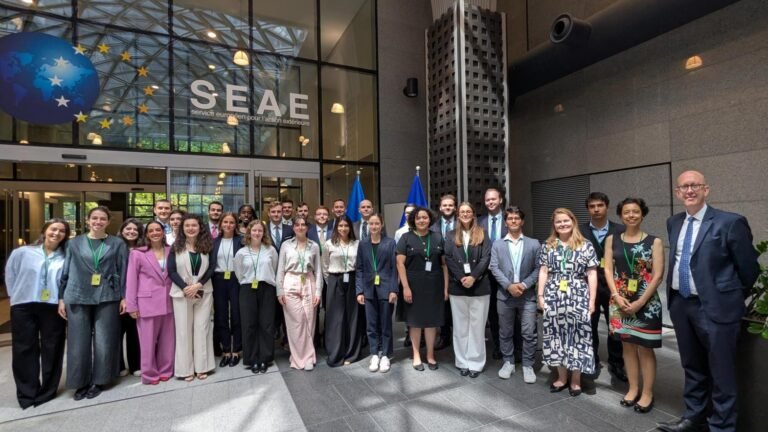

Researchers at the University of Copenhagen have discovered that a signaling molecule from a bacterium carried by cows, goats, horses, and humans could effectively treat methicillin-resistant Staphylococcus aureus (MRSA) infections.
The study, led by Professor Christian Adam Olsen and Postdoc Benjamin Svejdal Sereika-Bejder from the Department of Drug Design and Pharmacology, mapped bacterial communication signals and identified a molecule from Staphylococcus simulans that disrupted MRSA’s ability to coordinate infection.
In mouse models, a single dose of this molecule healed MRSA skin infections as effectively as daily antibiotic ointment. Importantly, the bacteria did not develop resistance even after 15 days of exposure in laboratory tests.
Unlike antibiotics, which kill bacteria and drive resistance, this method weakens bacterial communication, reducing their ability to attack without exerting lethal pressure.
“This is a promising alternative approach to combat antibiotic resistance,” said Prof. Olsen. Further testing in animal models is planned before potential clinical trials.
Read the study: Mapping of quorum sensing interaction network of commensal and pathogenic staphylococci.
Contacts:
- Prof. Christian Adam Olsen – cao@sund.ku.dk
- Postdoc Benjamin Svejdal Sereika-Bejder – benjamin.bejder@sund.ku.dk
Source: University of Copenhagen






